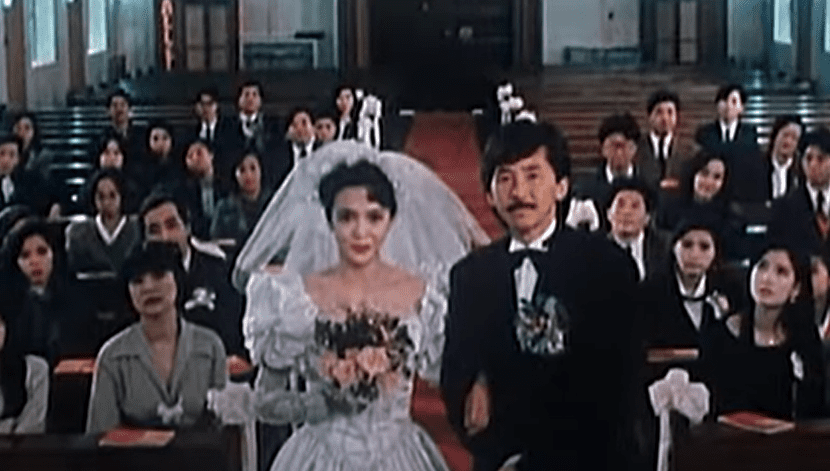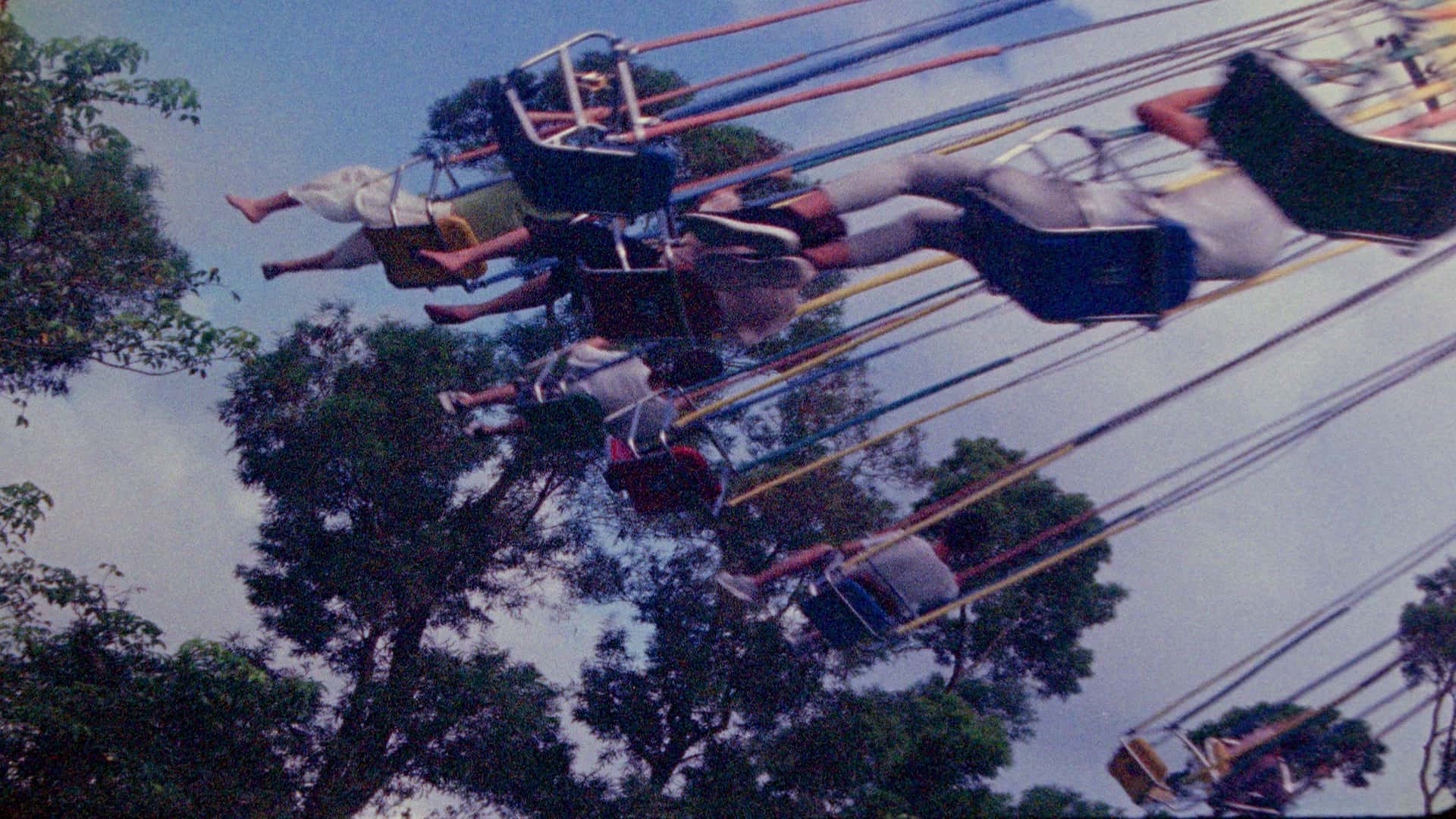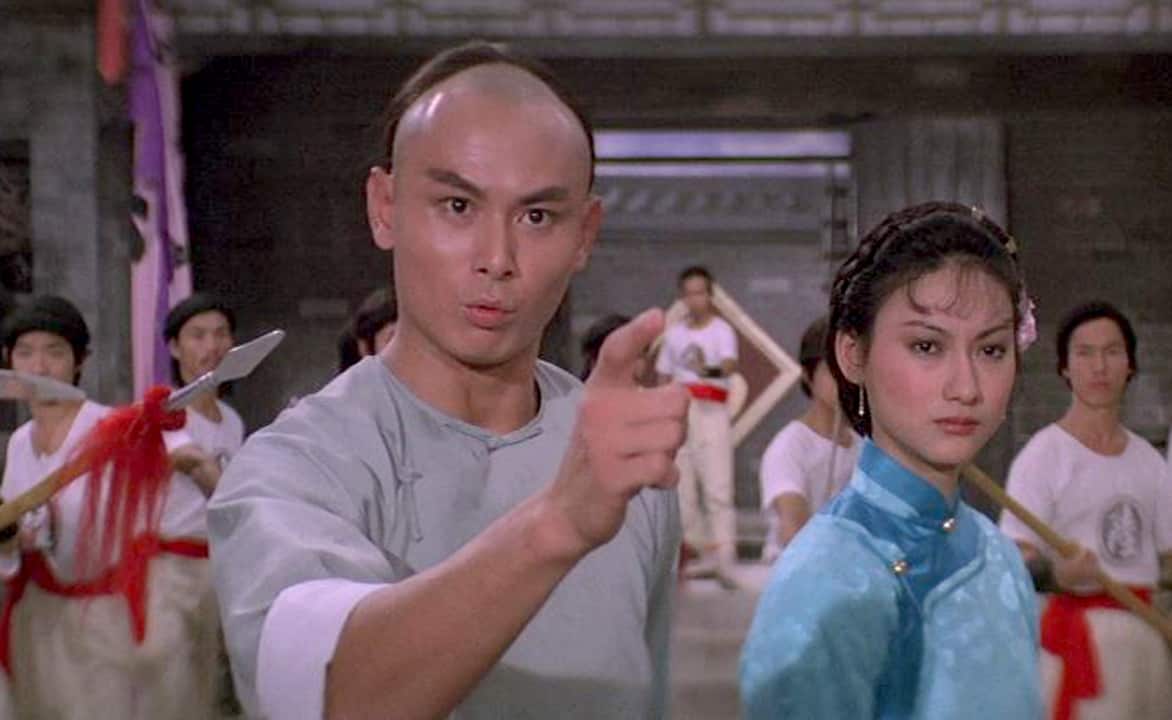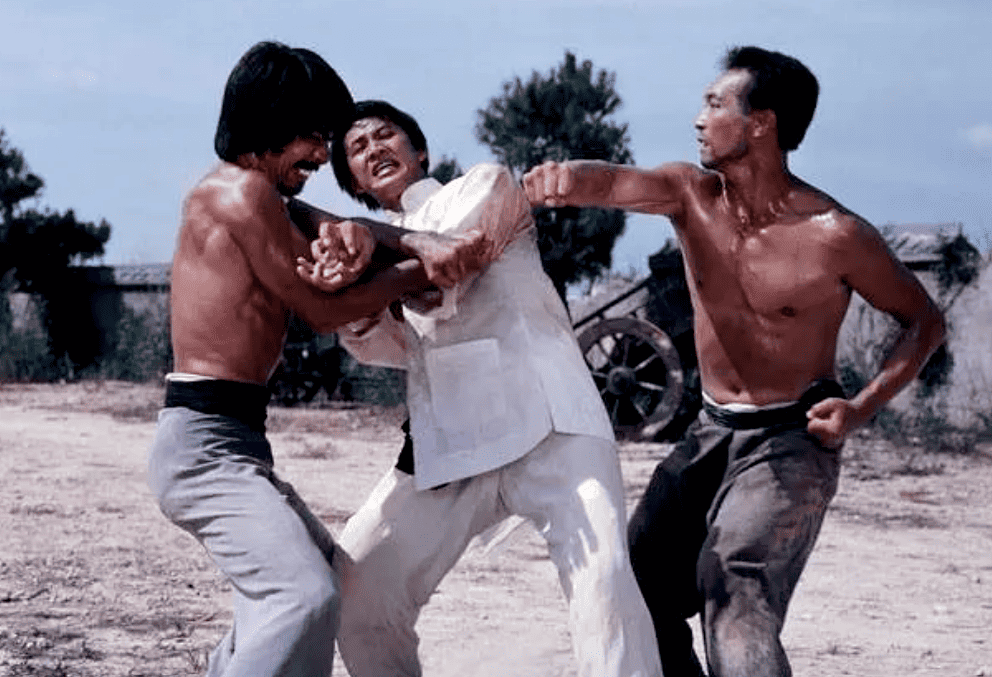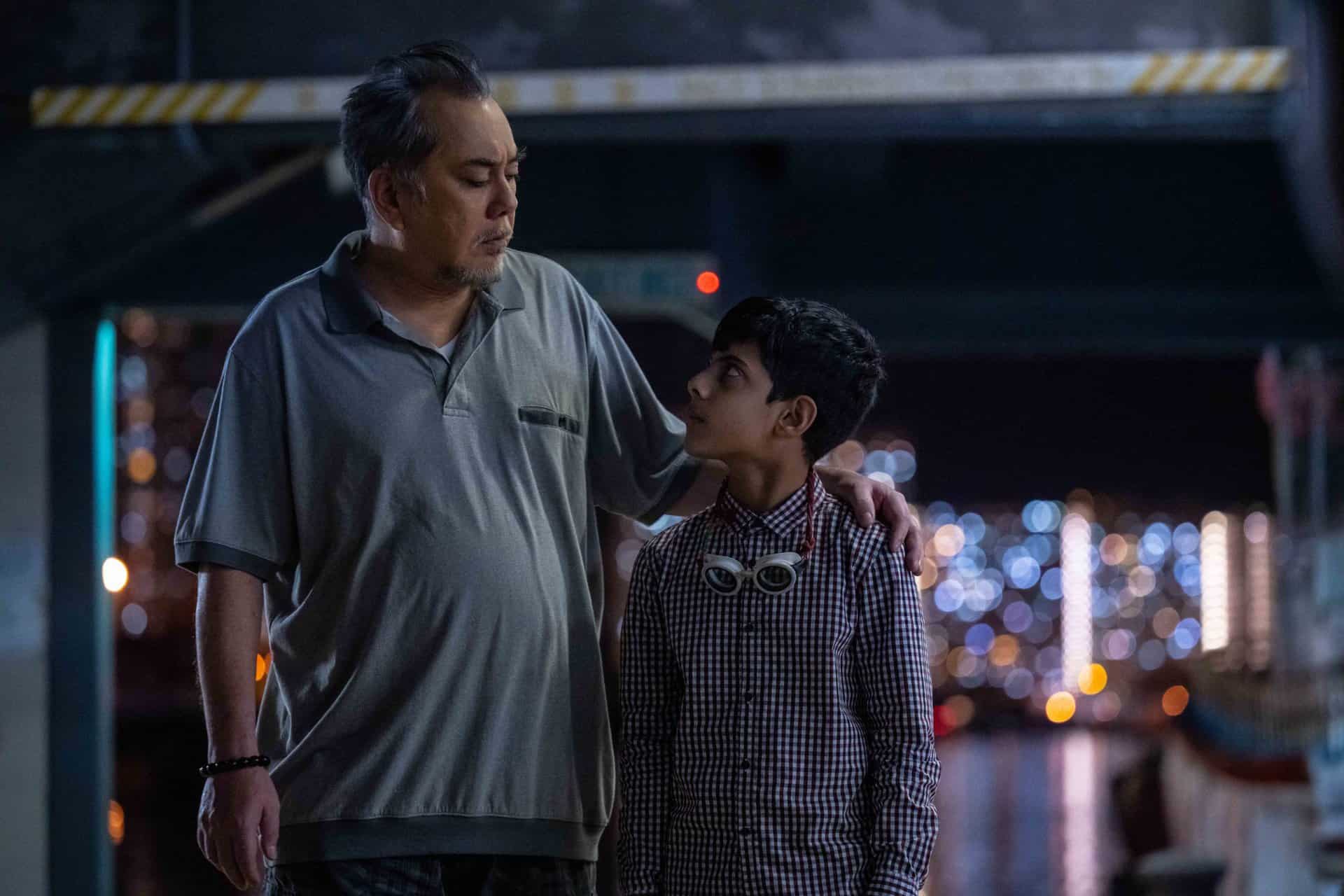Within movies, there are formulas that you will expect to be followed. So, if one begins with a couple in a relationship then it is highly likely at some point during the running time they will break up. If it's a romantic comedy, then ninety-nine times out of a hundred this will result in a happy resolution come the final credits. This takes us to “Heart Against Hearts” and begins with Alex and Judy happily engaged……hmm am I detecting some déjà vu here? I wonder what could possibly happen here and should I have reviewed “Heart into Hearts” as well and just copy the review in a post-modern criticism of sequels that are rehashing the plot of the first one?
Buy This Title
on Amazon
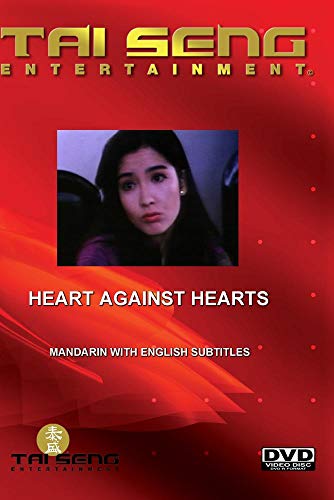
After the events of “Heart into Hearts”, Alex (George Lam) and Judy (Carol Cheng) finally get married and Alex has taken over the business. Unfortunately, whilst on honeymoon, the bank that they use shuts down suddenly, leaving Alex no choice but to close the company down. In dire straights, their daughter Vivian (Vivian Chow) goes to her real father, a policeman (Phillip Chan) to persuade him to let them use his flat. At the same time, Judy gets a job working for Edmond Tang (Paul Chun) a shady former classmate of Alex who is active on the stock market. Judy, though, has been identified as a scapegoat as Edmond is nothing more than a swindler. With the marriage struggling and Judy in deep trouble, will they get themselves out of this mess?
The first in the series was a very enjoyable romantic comedy, elevated from the formulaic by its performers. The second was essentially the law of diminishing returns with the sense that the direction of the characters was being driven by a need to tell another story rather than actually being one to tell. So, the third one is one I approached with trepidation only to be pleasantly surprised. Whilst not as good as the first, it is still far better than the second, with the romantic comedy elements coming more secondary to what is a rather intriguing role reversal with Alex coming to terms with Judy becoming the main breadwinner. The ending does restore the status quo to a degree but it's not something we see a lot of in Hong Kong cinema.
Although Judy's job is essentially fraudulent, it is the first time in the series that we get to see her really take the initiative. She moves from a person just wanting to get married and be the perfect housewife to being the one paying the bills. What's interesting is that she is never really allowed to be successful at it. We know it's all a con and she's being set up for a fall, but the narrative is always that she doesn't really know what she is doing. Even Vivian who gives the impression of being more business savvy, ultimately has to call on Alex to come to their rescue in the conclusion. Alex gets a little bit more here as his driven worker simply cannot handle the switch. His struggle to find work sees him ignoring his family to a degree and not want their help until they are, to all intent, homeless. Stuck at home, he ends up in a comical scene polishing all of Judy's shoes and when his former assistant comes to visit is more interested in her shoes when she thinks he is staring at her legs. Now around this time, it was frequent for actresses to marry a wealthy businessman and then retire from the industry. Dickson Poon was briefly married to Michelle Yeoh who followed this protocol before her famous return. So, we get to see a glimpse of the male psyche in peril here. The loss of face and identity. It cannot sustain this for the whole feature and by the end, the dynamic is restored with Alex having to “rescue” his wife and daughter.
George Lam and Carol Cheng retain the chemistry they share in the series all the way to the conclusion. This is more a vehicle for Carol Cheng's comedy skills, which she once again utilizes to walk off with the whole thing. This time however, there are a couple more supporting performances that allow the laughs to be shared. Paul Chun who simply has a face for sleazy corporate villainy is the sleazy corporate villain. A former classmate of Alex, he is the perfect foil for Carol Cheng to play off. Former policeman Phillip Chan is once again a policeman (Did he play any other roles??) and Judy's ex who allows the family to stay in his flat unbeknownst to Alex. He plays his Lothario to the hilt and is completely unapologetic about it.
What it loses in romantic comedy charm (although there are still moments that hit the mark), it makes up for it with some genuine laughs. A wedding that is part funded through shooting an advertisement. Judy trying to see bullion stock whilst being sold hens at the same time, and the absurd finale. Stephen Shin allows once again the story to flow; it doesn't have the freshness of the original but by now the cast and crew are comfortable in their familiar roles.
The finale in this series is an enjoyable conclusion. In theory, their story ends at their wedding, but we get to see the bit after the ‘happily ever after'. Not a rehash of the first movie unlike the poor second one. Whilst we still follow the formula of movies that begin with a relationship, it does succeed in entertaining, which is exactly what you want from a comedy.


